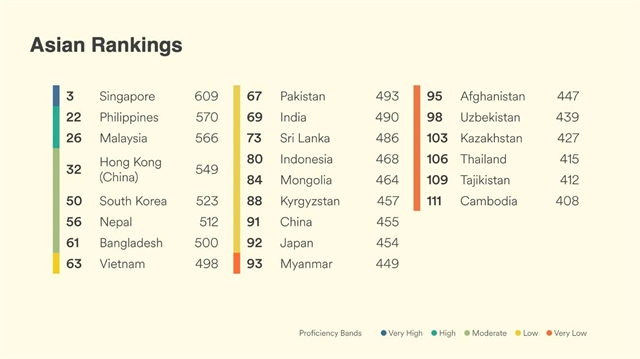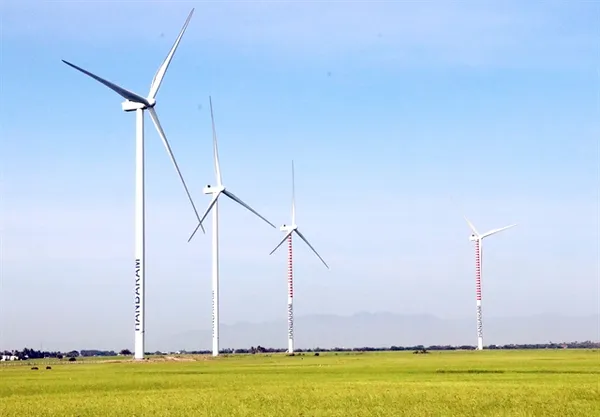 Opinion
Opinion

The Viet Nam-Finland Innovation Partnership Programme - Phase 2 (IPP2) has come to an end after four years. Minister of Science and Technology Chu Ngọc Anh talks with Vietnam News Agency about the programme’s achievements and meaning to Việt Nam’s renewal.
 |
| Chu Ngọc Anh. — Photo tuoitre.vn |
The Viet Nam-Finland Innovation Partnership Programme - Phase 2 (IPP2) has come to an end after four years. Minister of Science and Technology Chu Ngọc Anh talks with Vietnam News Agency about the programme’s achievements and meaning to Việt Nam’s renewal.
Could you explain the significance of the Viet Nam-Finland Innovation Partnership Programme (IPP)?
What we have achieved during the implementation of the IPP in general and IPP2 in particular has been very important and evidence of the co-operative relations between the two countries 45 years after the establishment of diplomatic ties.
The IPP has involved official development assistance (ODA) since 2009, which has had a positive effect on innovation in Việt Nam.
Ten years ago, “innovation” was a new concept in Việt Nam.
The programme has introduced new trends and modern thinking from Finland and other developed countries. These experiences have helped Việt Nam use innovation for sustainable development.
Along with regional and international integration, innovation had become a national development strategy for many nations all over the world, including Việt Nam.
Innovation is also considered an important task which had been assigned to the Ministry of Science and Technology to manage and develop.
Innovation needs to be deployed in a “nutrient-rich” ecosystem. The IPP2 has pioneered the establishment and promotion of new trends in the entrepreneurship and innovation (E&I) ecosystem, aiming to support business and socio-economic development.
Starting in 2014 with a budget of 11 million euros, the IPP2 has provided financial assistance, consultation and training for 35 startup-related projects. How did the programme affect the E&I ecosystem in Việt Nam?
The IPP2 has supported the development of key policies on innovation and start-ups, improving capabilities for policy-making staff, providing training for start-up consultancy staff, and enhancing the E&I ecosystem in universities to act as a driving force for the economy based on innovation and sustainable development.
The programme has also helped connect the Finnish business community with Việt Nam’s active start-up market and innovation drive.
Several start-up projects funded by the IPP2 have achieved considerable success, including Ezcloud and its hotel management solutions; Beeketing and its automatic marketing apps, Hamona and its coconut distribution service; and Sen Platform with its online education portal.
The projects have gained a reputation in the domestic market and have approached regional and international markets.
These results are evidence of effective assistance the IPP2 has provided and show great potential for start-up businesses based on innovation in Việt Nam.
Notably, IPP-funded innovation projects, start-up trainers, policy-making staff, universities, and young businesspeople will drive change in Việt Nam’s innovation system, helping to spread the idea of start-ups in community.
What measures did the Ministry of Science and Technology take to enhance innovation and develop the start-up innovation ecosystem after the IPP2 was implemented?
Việt Nam has pledged to push innovative start-ups to increase the quality and quantity of Vietnamese businesses.
Start-up policies have been written into the Law on Supporting Medium and Small Enterprises, Government resolutions on supporting and developing Vietnamese businesses by 2020, and a Government decision to approving assistance for innovation start-up projects by 2025.
The ministry has also been co-operating with other ministries and offices to complete a legal framework and mechanisms to support start-ups.
Several start-up projects at local and central levels have also been launched and are contributing to the national innovation system as well as forming a healthy innovation start-up ecosystem, developing start-up enterprises, and pushing innovation-based socio-economic development. — VNS









